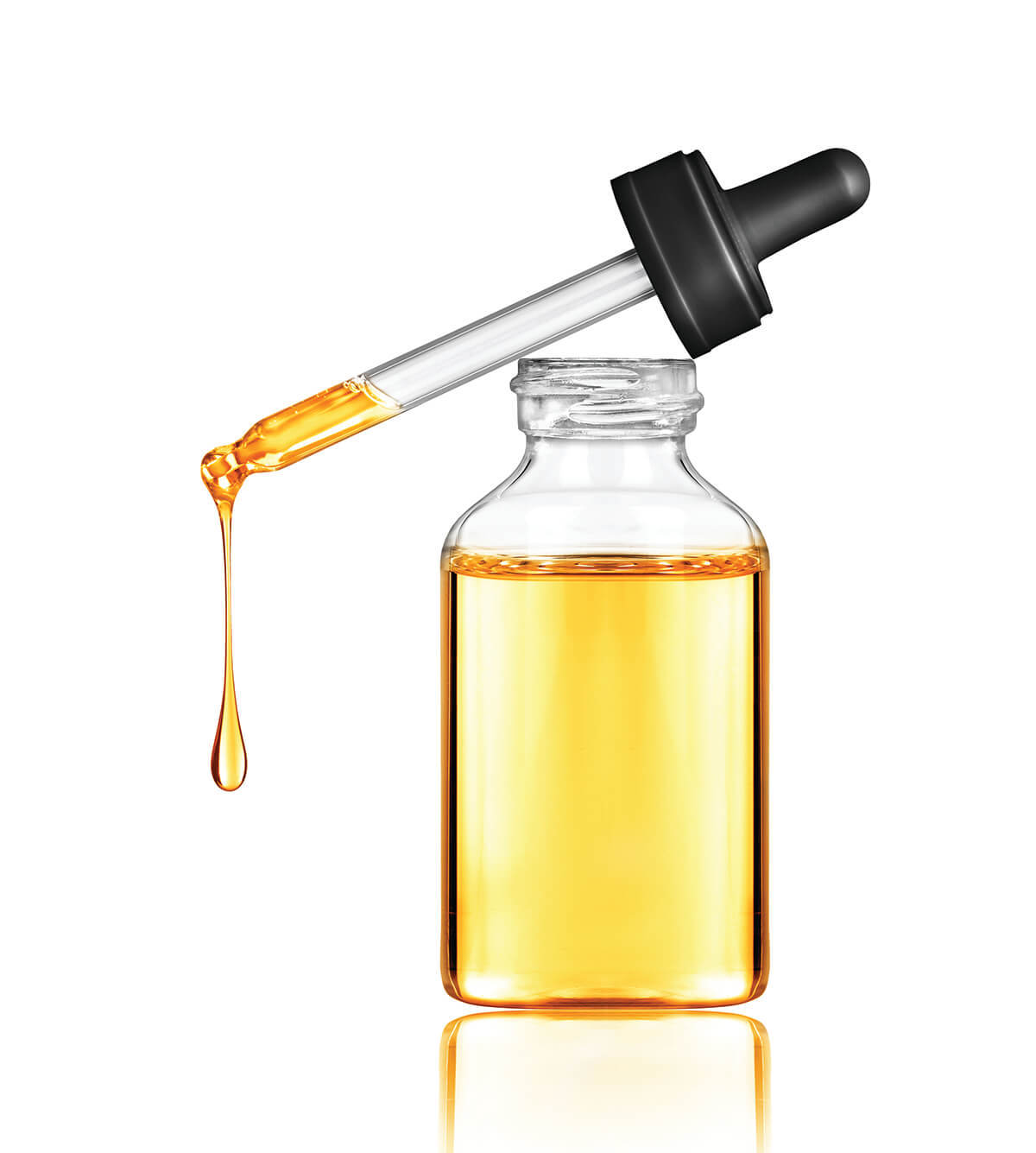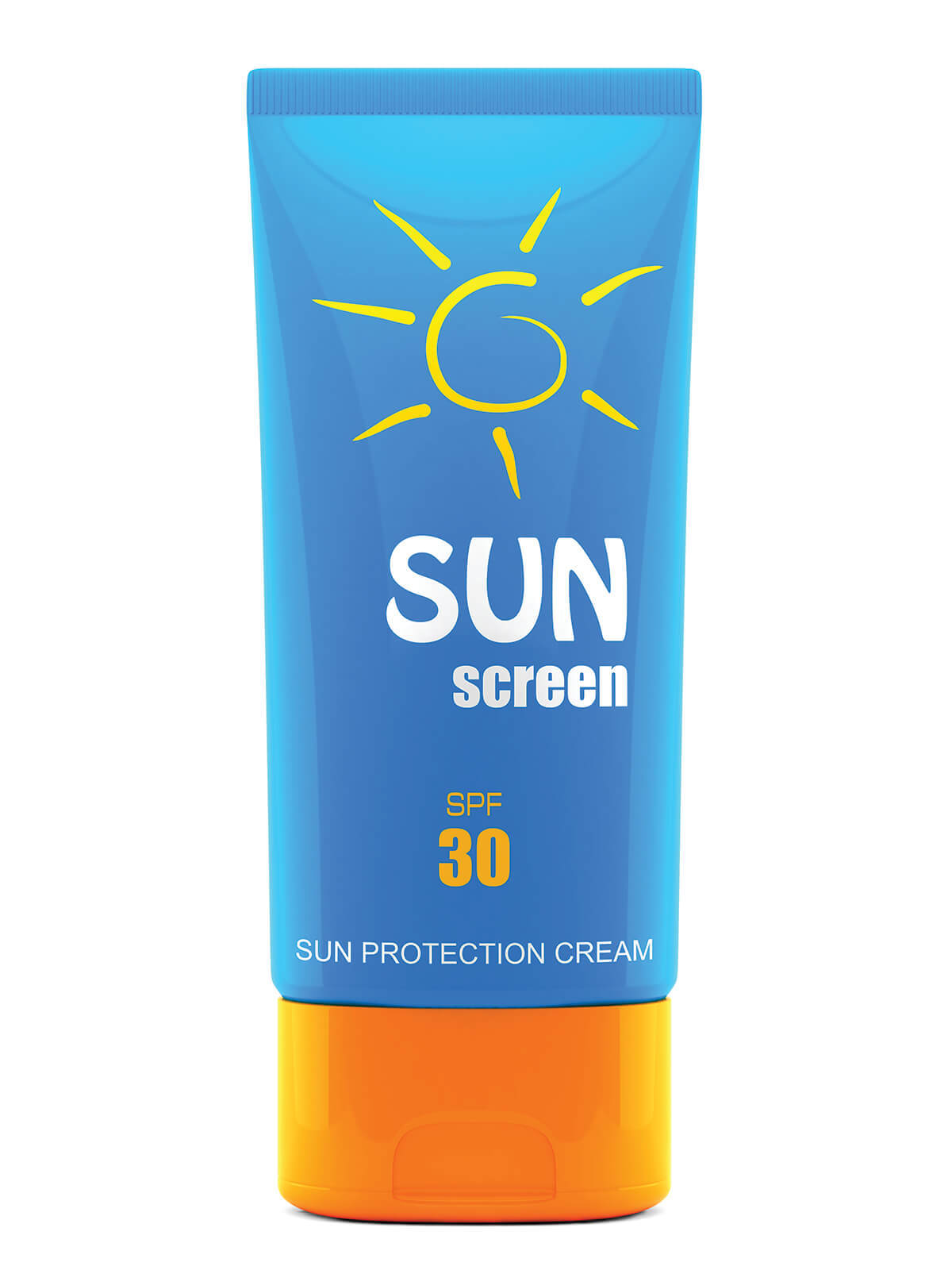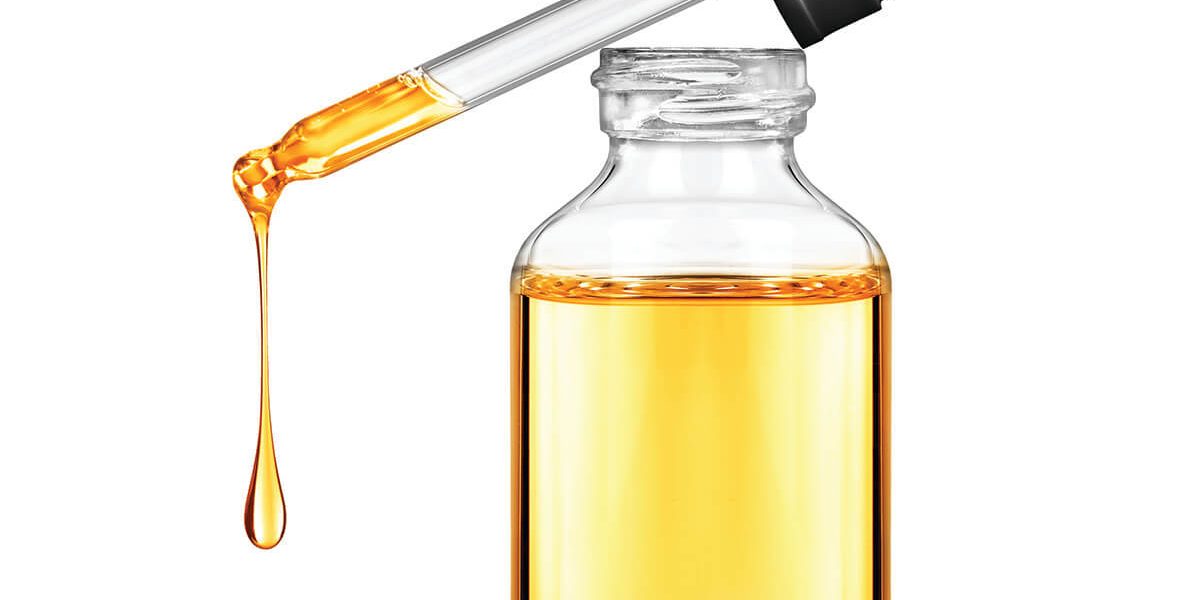Health & Wellness
Serum Savior
We discuss the latest skincare trend with Dr. Faith Esterson and esthetician Tiffany Eller.
Pop quiz: What vitamin is good for skin? Vitamin D, right? Well, sure, we all know that. But turns out there’s a new vitamin that has stepped into the skincare arena in the form of a serum—Vitamin C. We discuss the latest skincare trend with dermatologist Dr. Faith Esterson and esthetician Tiffany Eller of Esterson Dermatology.
What benefits can a Vitamin C serum provide for our skin?
FE: It’s such a good product to have. We use Vitamin C for a lot of patients because it has really strong antioxidant properties. It can protect cells from free radicals so that the cells that are damaged can mature and repair themselves without any kind of abnormality. So what does that mean? It means that Vitamin C can reduce some of the signs of aging, it can help discoloration, it can help with some fine lines because it stimulates collagen production, and it can help with redness in the skin because the antioxidant properties have anti-inflammatory benefits as well.
What’s the best way to apply a serum?
TE: Vitamin C serum is very thin, and you always apply any product thinnest to thickest. We recommend you apply your everyday products in this order: serum, lotion, and then cream. (If you put your Vitamin C serum over your moisturizer, the molecules actually won’t get to your skin because the cream molecules are larger.) They say that Vitamin C is the second defense against the sun, so whatever your sunscreen is allowing to come through, the Vitamin C acts as a barrier.
Who is best suited for Vitamin C skincare?
FE: We really like it for just about everyone. You can use it for prevention of damage in addition to repair of damage. Patients that have a lot of sun damage, that have precancerous cells, aging skin, or the redness of rosacea—those are the kind of people we put it on. For people who are in their 30s and 20s, who don’t really need much to rebirth, appearance-wise, this is an antioxidant that will microscopically improve the damage in the cells that we all hate as we age.
Are there any harmful side effects to using Vitamin C serums?
FE: It’s uncommon to hear of [side effects], but Vitamin C is an ascorbic acid, so it can cause a little stinging sensation, depending on the formulation. Most people tolerate it just fine. We use it on sensitive skin. We recommend it even for rosacea patients who are red and have an acne outbreak because it has anti-inflammatory properties. There are different concentrations, we have products here that go from 15-percent to 20-percent Vitamin C, and they come in serums, and they come in creams. Sometimes the serums may penetrate a little bit more than the creams do, but the creams may be less irritating.
WHAT YOU NEED:

LAYER SMART: For optimal absorbency, be sure to apply your serum before putting on creams and makeup.

APPLY SUNSCREEN: While Vitamin C can protect the skin, it’s best as a second line of defense under sunscreen.

SEEK ADVICE: Talk with your dermatologist about what level of concentration and whether a serum or cream would be best suited for your skin needs.
